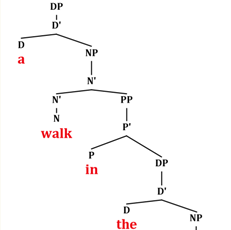Online Spell check, Grammar, and Thesaurus checking
Moody? Tense? Irregular? You must be a verb!
- June 13, 2011
- Posted by Mila
English is influenced by so many other languages that most rules have exceptions; verbs are no different. Regular verbs are simple: “I dance”, “I danced”, “I will dance”, “I want to dance”, “I am dancing”. The main quirk of regular verbs are those that end in a consonant and “y”, such as “copy” or “study”–the…
Adverbs: 10 Things to Remember
- May 30, 2011
- Posted by Mila

While an adjective can only modify nouns, pronouns and noun phrases, an adverb modifies verbs, adjectives and other adverbs. According to a study presented at the Annual Meeting for ESL Teachers in 1984, the group identified three distinct error categories that included misplaced words, inappropriate usage and confusion with adjectives and other parts of speech….
The Verbification of the Nation
- May 20, 2011
- Posted by Mila

Language Professional Blog Award 2011 is taking place right now. This contest gathered blogs by professional linguists, translators and interpreters to select the best bloggers in this field. We are honored to introduce one of the nominees – Laura Payne and her blog A Walk in WoRds as our special guest. Laura has a…
Passive and non-aggressive voice
- May 13, 2011
- Posted by Mila

In writing, sentences are considered to be of “active” or “passive” construction (“voice”) depending on where the emphasis is placed. If the emphasis is placed on the subject, the sentence is considered active, but if emphasis is placed on the object of the action, the sentence is passive. Wikipedia’s passive voice definition states, “The passive…


